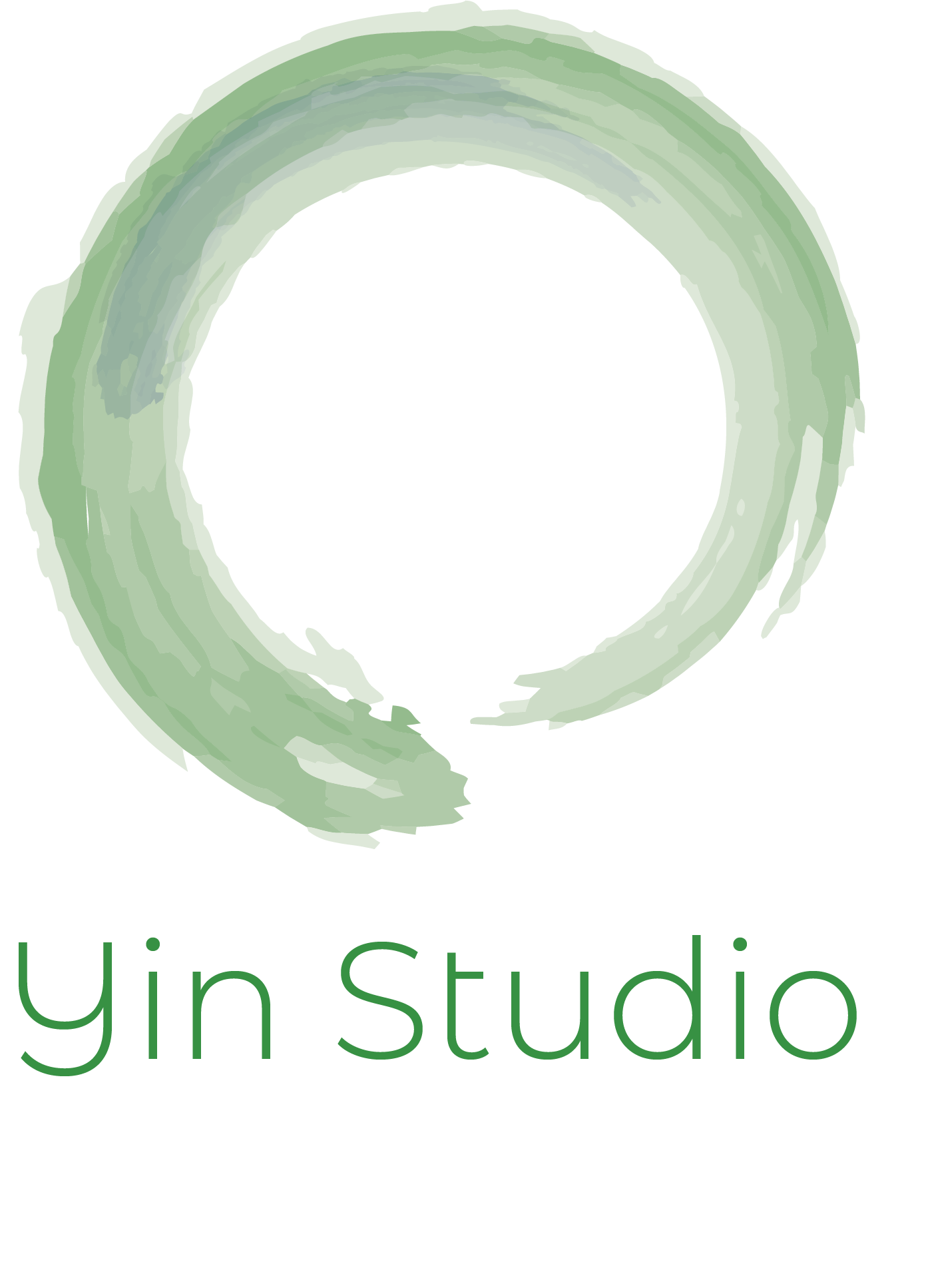The Myth Around Painful Periods
An unspoken myth that I find myself constantly busting for my female patients is that periods are meant to be painful. This is not so, ladies! I’ve worked with many women who have basically trained themselves to endure such severe pain that it completely disrupts their lives, leaving them to miss work or other important obligations while staying home curled up in a ball for hours or even days. Periods often get a bad rap because of this; I’m here to tell you that your periods can and should be far less eventful AND definitely allow you to carry on with life without interruption.
From a Western perspective, painful periods occur when a woman has a high level of prostaglandins in the uterine cells. Prostaglandins are what causes the muscles to contract so that you can release the lining of your uterus each month (= your period). Studies have shown the more prostaglandins you have, the worse your menstrual cramps can be, technically known as dysmenorrhea. There are two types of dysmenorrhea: 1) primary dysmenorrhea, which occurs without the cause from any other underlying condition and 2) secondary dysmenorrhea which does occur because of an underlying condition such as endometriosis or fibroids.
If you experience painful periods on a consistent basis, be sure to work with your Chinese medicine practitioner for a tailored approach to find relief. As with all pathologies, there are numerous etiologies that could be leading to your pain, and your Chinese medicine practitioner can fine-tune their approach through an acupuncture treatment and herbal formulas to rectify any imbalance accordingly.
Below is a quick list of ways that may help minimize painful periods:
Acupuncture - Acupuncture works to help free the flow of constricted blood and Qi, a common reason we experience pain. We use specific points to ensure there is a steady flow of both blood and Qi throughout the body, to help eliminate stagnation and to alleviate pain.
Herbs - Chinese herbal formulas can be extremely effective and complementary to your acupuncture treatments. Whether your periods are painful because of an excess condition (i.e., Qi and Blood stagnation), a deficient condition (Qi or Blood deficiency), cold in the uterus, or a combination of etiologies, an individualized herbal formula can be created for you to remedy the imbalance.
Moxibustion - Burning moxa (mugwort) over certain points and areas of the body can unblock congestion, warm and invigorate the flow of Qi in the uterus and relieve pain.
Epsom salts baths - Epsom salts are magnesium-rich which is an essential mineral for muscle relaxation. When dissolved in a bath, magnesium is absorbed through the skin, (our largest organ for absorption!) and helps relax the muscles, including the uterus.
Warm compress - When placed on the low abdomen can help soothe pain.
Warm foods - You can probably get a sense from this list that from a Chinese medicine perspective, warmth is our ally :). That’s because warmth generates energy, healthy circulation, transformation and transportation of vital nutrients, and blood and oxygen throughout the body. (Cold, on the contrary, presents as stagnation, leading to cramping and blockage of these essential nutrients.) This pertains importantly to the uterus, but also when we talk about digestion. Cold tightens muscles and blood vessels and slows energy and blood movement to the uterus and digestive tract. So particularly during your period, eat warm, nourishing, cooked foods. Sorry ladies, ice cream will only make your cramps worse.
Good digestion - Regular elimination supports removal of excess oestrogen in the body which will help mitigate cramping. Be sure to take a good quality probiotic and include or increase cruciferous vegetables (broccoli, cauliflower, kale, brussel sprouts), flax seeds and whole grains into your diet.
Exercise - Movement is an essential component of moving stagnant Qi and blood in the body. In the weeks before your period, more rigorous exercise can be beneficial. During menstruation, however, consider adding gentler activities such as yin or restorative yoga, qi gong, tai chi and/or nature walks to your weekly routine.
